Latest DePIN News

a year ago
Dogecoin Maintains Liquidity Amid Market Shifts, Bittensor Faces Challenges
In the current cryptocurrency landscape, Dogecoin (DOGE) has demonstrated remarkable resilience by maintaining steady liquidity despite market fluctuations. Following the recent U.S. elections, there was a significant uptick in activity from large holders, or whales, with whale netflows increasing by nearly 957%. This surge resulted in transactions soaring from approximately 45 million to over 430 million DOGE in just one day. Although Dogecoin's price experienced a brief climb of about 10% during the election period, it later dipped around 6%, stabilizing at a slightly lower level. Nevertheless, its trading volume remains robust at over $3.8 billion, with a market cap close to $29 billion, underscoring its strong market presence and ongoing interest from major investors.
Conversely, Bittensor (TAO) is facing challenges as it experiences a decline in liquidity, raising concerns among its investors. With a market cap of around $3.7 billion and a daily trading volume of approximately $165 million, the reduced trading activity indicates a shift in investor engagement. Currently, there are about 7.4 million TAO tokens in circulation out of a maximum supply of 21 million. The drop in liquidity could lead to increased price volatility, making it crucial for investors to monitor these trends closely. A continued decline may impact the token's value and overall attractiveness to potential investors.
In contrast, IntelMarkets (INTL) is emerging as a promising alternative in the crypto trading arena, boasting a unique AI-powered trading platform built on a modern blockchain. Currently in Stage 5 of its presale, IntelMarkets has raised around $2 million, with nearly 10 million tokens sold at a price of $0.045 Tether, set to increase to approximately $0.054. The platform's self-learning bots process over 100,000 data points, allowing traders to make informed decisions based on real-time data. With its limited token supply and advanced technology, IntelMarkets positions itself as a strategic platform for investors seeking consistent growth and stability in a volatile market.

a year ago
YOM Partners with K4 Rally to Revolutionize Blockchain Gaming
YOM has announced an exciting partnership with K4 Rally to introduce blockchain rally racing gaming to its decentralized network. This collaboration aims to pioneer cloud gaming by utilizing a decentralized physical infrastructure network (DePIN) that allows AAA quality games, such as K4 Rally, to be streamed to any device. By leveraging URL hosting and popular platforms like Telegram, players can enjoy a diverse range of traditional and blockchain-based gaming experiences without the need for high-end gaming hardware.
K4 Rally stands out as a groundbreaking blockchain-powered rally racing game that offers players a unique play-to-earn experience. Players can own in-game assets and cars as NFTs while competing in various racing tournaments globally. This game is designed to bridge the gap between traditional gaming and blockchain technology, ensuring genuine ownership of assets and a transparent, decentralized gaming ecosystem. The integration of K4 Rally’s NFT-based asset system with YOM’s decentralized pixel-streaming network aims to enhance accessibility, allowing players to access the game directly through their web browsers.
The partnership also focuses on joint research and development efforts to improve cloud gaming accessibility through browser-based URL access. By utilizing YOM’s decentralized edge infrastructure, K4 Rally can provide players with minimal latency and uninterrupted gameplay, regardless of their location or hardware capabilities. Both companies plan to enhance user engagement and expand their player base through cross-promotion, revolutionizing the gaming experience for both traditional and blockchain gamers. This collaboration is set to break new ground in the gaming industry, offering innovative technology and decentralized solutions for an exceptional gaming experience.
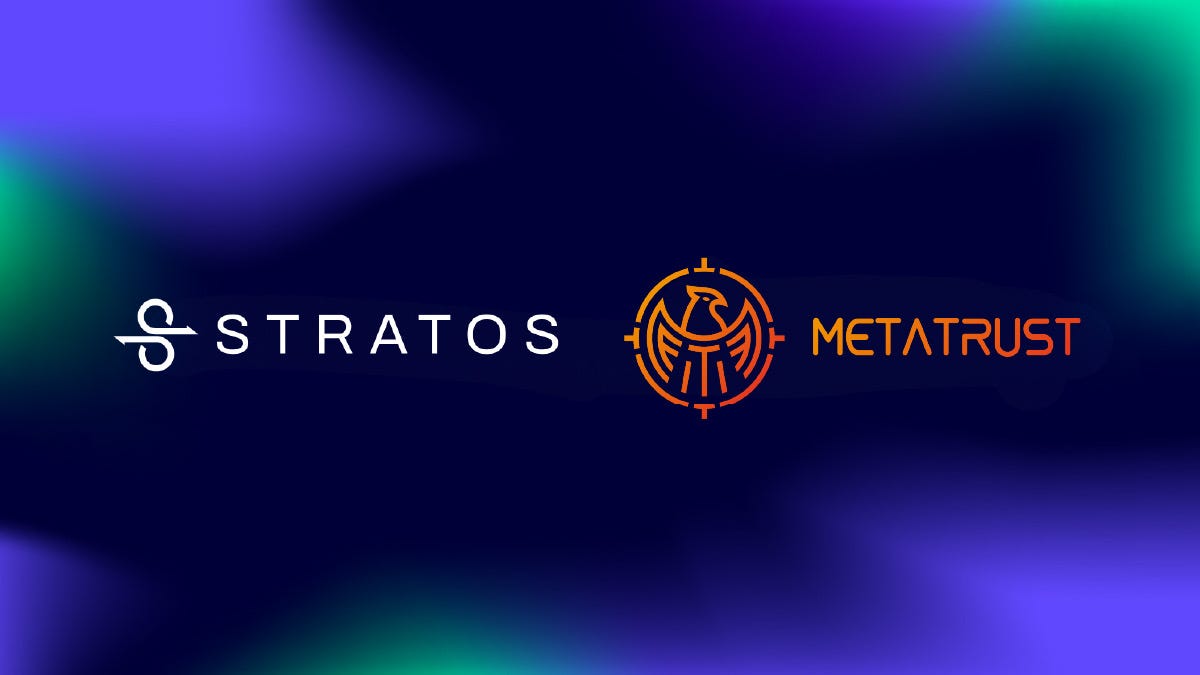
a year ago
Stratos Partners with MetaTrust Labs to Enhance Web3 Security
In a significant development for the Web3 ecosystem, Stratos has announced a partnership with MetaTrust Labs, a leading provider of Web3 AI security tools and code auditing services. This collaboration is set to enhance the security and resilience of Web3 applications by merging advanced AI-powered security measures with Stratos' decentralized storage solutions. The partnership aims to create a robust infrastructure that not only protects data but also ensures the reliability and efficiency of Web3 applications, a crucial aspect for developers and users alike.
MetaTrust Labs, which was incubated at Nanyang Technological University in Singapore, is recognized for its innovative approach to Web3 security. The company specializes in developing advanced AI solutions designed to assist developers and stakeholders in safeguarding their applications and smart contracts. This focus on security is essential in the rapidly evolving digital landscape, where vulnerabilities can lead to significant risks. By leveraging AI technologies, MetaTrust Labs aims to create safer and more efficient digital ecosystems that can withstand potential threats.
Stratos, known for its commitment to decentralized infrastructure solutions, plays a pivotal role in this partnership. The company provides a decentralized storage framework that supports high availability, scalability, and resilience for Web3 platforms. By integrating its decentralized storage solutions with MetaTrust Labs' AI-driven security tools, the partnership promises to deliver an unparalleled level of protection for code and data within Web3 applications. This collaboration not only enhances security confidence for developers but also contributes to the overall integrity of the Web3 space, paving the way for a more secure digital future.
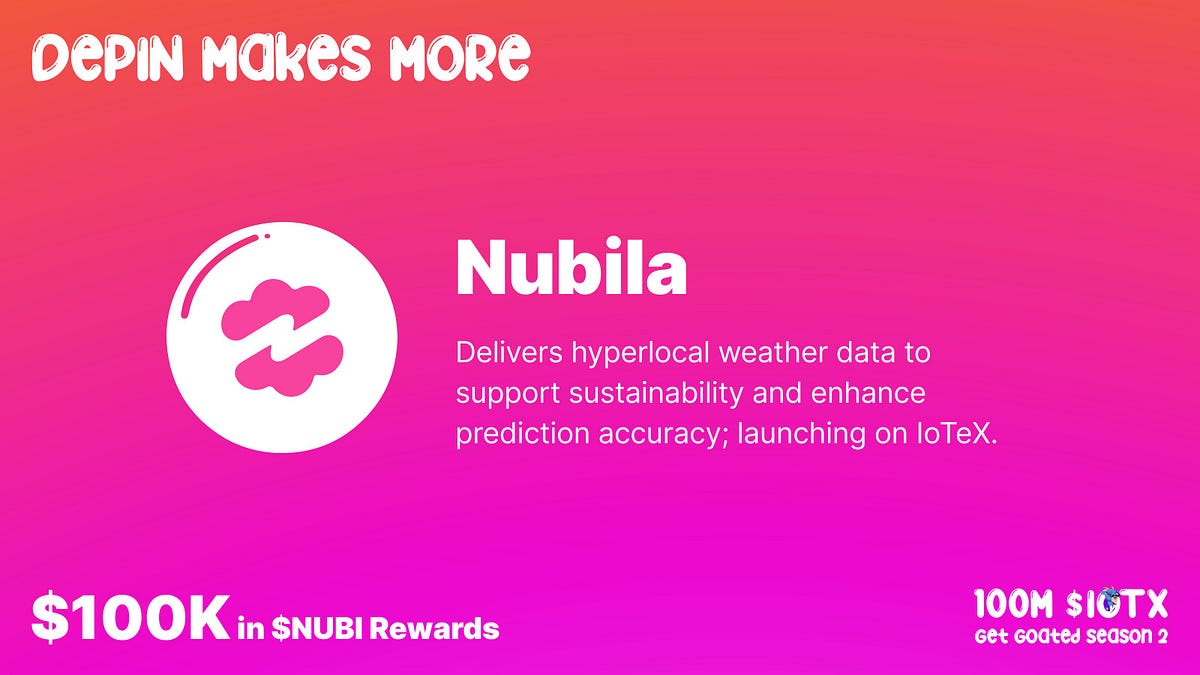
a year ago
IoTeX Launches Get Goated Season 2 with 100M IOTX and NUBI Tokens
IoTeX has launched its much-anticipated DePIN initiative, Get Goated Season 2, which offers participants the chance to earn a share of 100 million IOTX tokens and 100,000 worth of NUBI tokens. This campaign is touted as the largest DePIN incentives program in history, encouraging users to engage with various decentralized finance (DeFi) projects and contribute to the advancement of the DePIN revolution. Participants can join by connecting their wallets, completing initial tasks, and engaging with the IoTeX ecosystem, which includes acquiring IOTX tokens, staking, and interacting with DeFi applications.
To kick off their participation, users must visit the Get Goated Season 2 campaign page, connect their wallets, and complete a series of introductory tasks. These tasks are designed to familiarize participants with the IoTeX ecosystem, such as adding the IoTeX Network to their wallets and joining the IoTeX community on social media platforms. Additionally, Nubila has introduced a campaign on Galxe, where participants can earn rewards by completing specific tasks, including obtaining NFTs and referring friends. This dual approach not only incentivizes participation but also fosters community engagement within the growing IoTeX network.
Nubila, the organization behind this initiative, is focused on building a decentralized environmental data network. By collecting real-time weather data through decentralized stations and utilizing AI for actionable insights, Nubila aims to create an environmental data oracle that promotes sustainability and addresses climate change. As participants engage with the Get Goated Season 2 campaign, they are not only rewarded with tokens but also contribute to a larger mission of leveraging blockchain technology for real-world impact. Now is the time to get involved and make a difference in the evolving landscape of decentralized technologies.
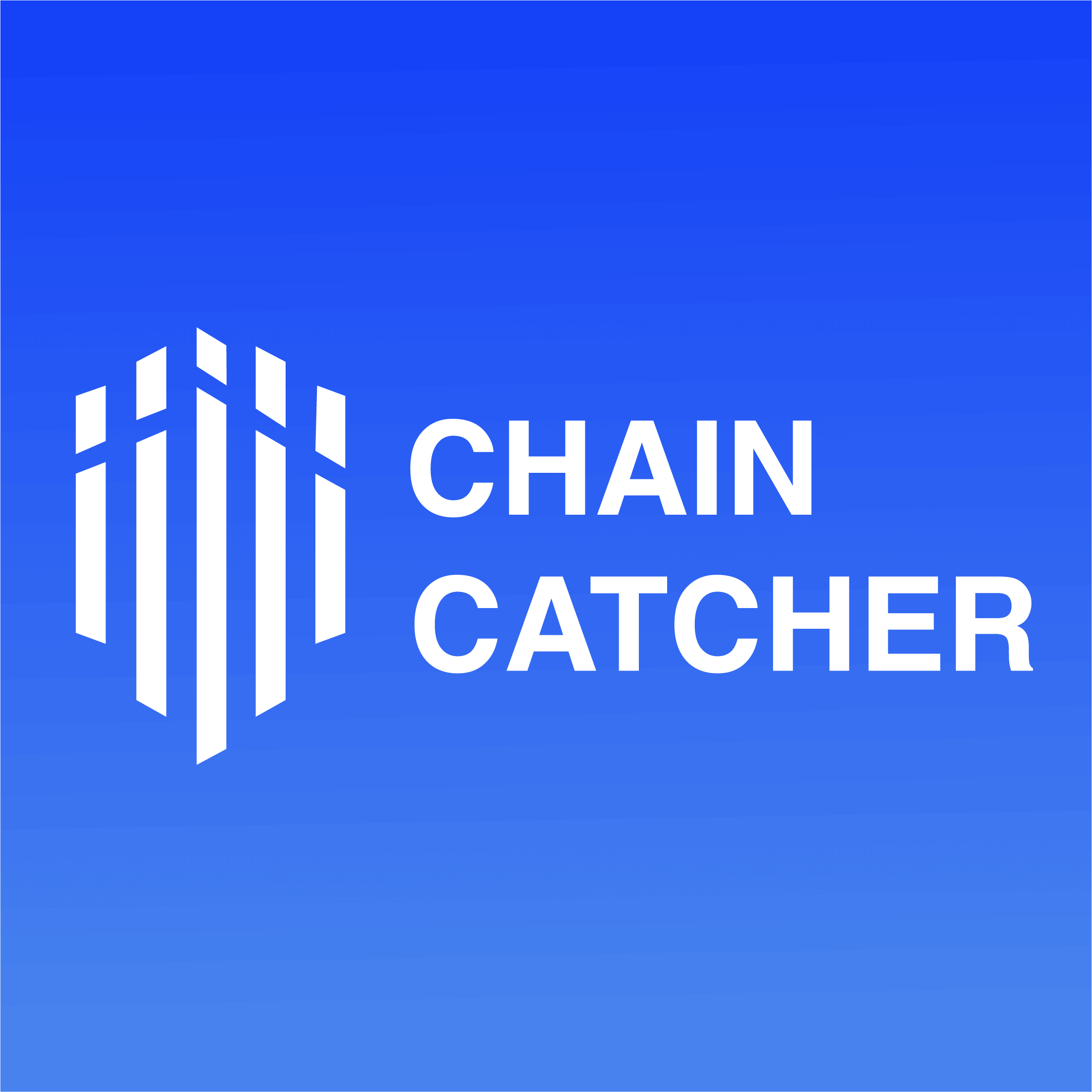
a year ago
PINGPONG Launches Computing Resource Exchange to Enhance DePIN Efficiency
PINGPONG has recently launched its computing resource exchange, enabling users to access, trade, and invest in structured financial products that are supported by real computing resources. This innovative platform aims to bridge the gap between traditional finance and decentralized finance by providing a marketplace for computing resources, which can be utilized in various applications ranging from data processing to complex algorithmic trading.
According to RootData, PINGPONG serves as a DePIN liquidity and service aggregator. Its two flagship products include the DePIN liquidity-linked money market and the DePIN service-linked integrated SDK. These products are designed to enhance the efficiency of the Decentralized Physical Infrastructure Networks (DePIN) by addressing both supply and demand sides, thereby facilitating smoother transactions and better resource allocation within the ecosystem.
ChainCatcher emphasizes the importance of approaching blockchain technology with a rational mindset. It urges users to enhance their risk awareness and exercise caution regarding virtual token issuances and speculative investments. The platform clarifies that all content provided is purely market information or opinions from related parties and does not constitute investment advice. Users are encouraged to report any sensitive information they encounter, ensuring a safer trading environment for all participants.

a year ago
Filecoin Shows Resilience and Potential for Major Gains
Filecoin (FIL) has demonstrated remarkable resilience by holding a crucial support level for nearly two years, currently positioned around $2.94. This stability sets the stage for a potential breakout, as analysts predict significant gains for the cryptocurrency. With the increasing demand for decentralized storage solutions, Filecoin's intrinsic value is further enhanced, making it a standout asset in the cryptocurrency market. Popular crypto analyst Ali Martinez has highlighted the bullish potential of FIL, suggesting that if it maintains its current trajectory, it could see a near-term price surge to $9.50, representing a 145% increase, and a long-term target of $30, which would signify a staggering 700% upside.
Recent market activity indicates that Filecoin is experiencing notable growth, with a market cap of $2.45 billion and a 24-hour trading volume of $318 million. Technical indicators reveal a bullish trend, with the Relative Strength Index (RSI) climbing to approximately 64.8, suggesting strong buying interest. The increase in trading volume supports this uptrend, as high volume typically indicates investor conviction. Furthermore, data from Santiment shows a rise in social volume and community interest, which often correlates with bullish price movements, indicating that Filecoin is gaining traction among investors.
As Filecoin continues to navigate its price dynamics, the $2.94 support level remains critical, with any pullbacks likely to attract strong buyer interest. The resistance zones at $9.50 and $30 are pivotal for future growth. A breach of the $9.50 level could catalyze a significant upward movement towards the $30 target, setting the stage for sustained growth in Filecoin's value as it capitalizes on the increasing demand for decentralized storage solutions.

a year ago
Connecting Builders: Events in Bangkok Focused on Data, AI, and Crypto
In a vibrant push towards innovation in the intersection of data, AI, and cryptocurrency, a group of builders is gearing up to engage with the community in Bangkok this month. They will be present at several key events, including the Filecoin FIL Dev Summit on November 11, Devcon from November 12 to 15, and Fluence’s DePIN Day on November 15. These gatherings are designed for builders, operators, and newcomers alike, providing a platform for networking and collaboration in the rapidly evolving Web3 landscape.
The focus of these events is to foster connections among those interested in decentralized technologies. Attendees can expect to engage in discussions around various topics such as decentralized storage, verifiable data, and identity management. The organizers are particularly keen on promoting their private Telegram group, Proof of Data, which serves as a collaborative space for individuals tackling challenges within the Web3 data ecosystem. This initiative aims to create a community where participants can share insights and solutions related to data availability and synthetic data.
As the Web3 ecosystem continues to grow, events like these are crucial for building relationships and sharing knowledge. By bringing together diverse stakeholders, from seasoned developers to curious learners, the gatherings in Bangkok promise to be a melting pot of ideas and innovations. Attendees are encouraged to connect with the team at DePIN Day for more information and to join the ongoing conversation in the Proof of Data community, ensuring that everyone has the opportunity to contribute to the future of decentralized technologies.
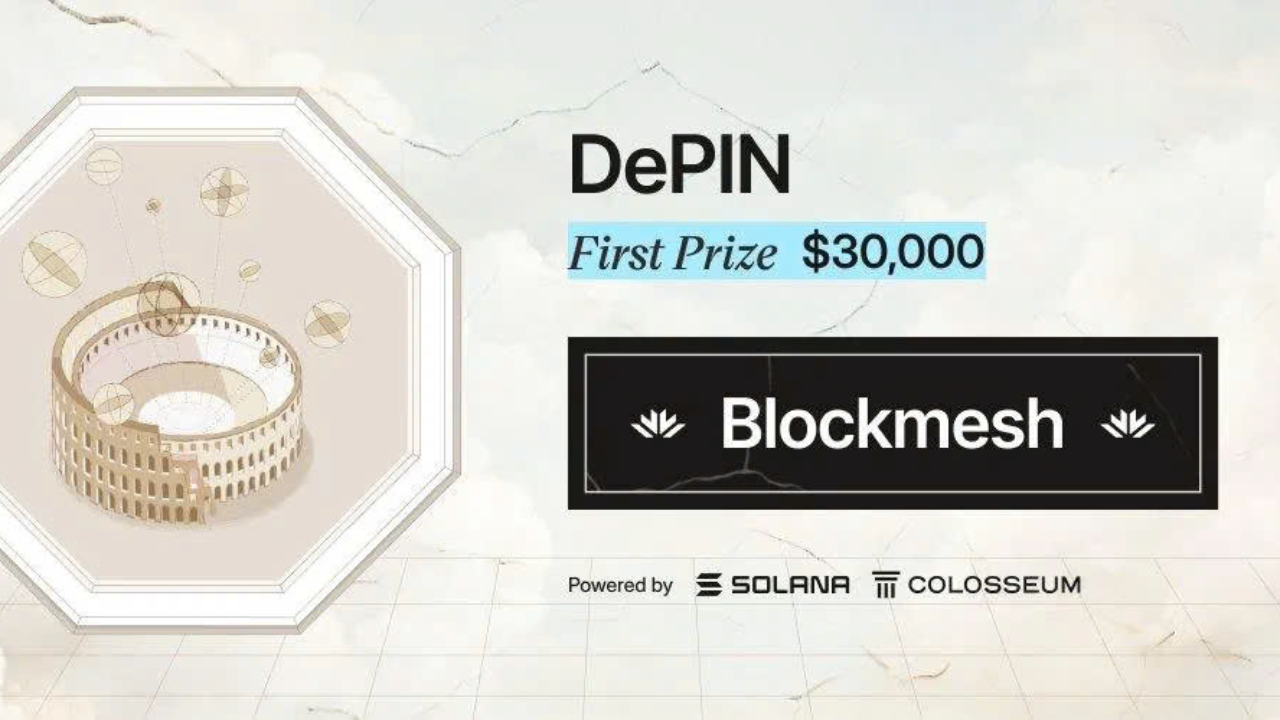
a year ago
Exploring Blockmesh: A New Opportunity in DePIN and Airdrop Participation
Blockmesh, a decentralized physical infrastructure network (DePIN) project, has gained significant attention after winning the Solana Renaissance Hackathon. This innovative project leverages AI technology to create a decentralized monitoring model that enables users to monetize their idle bandwidth and computing resources. By doing so, Blockmesh allows individuals to generate passive income from their unused resources, while also ensuring that AI activities are closely monitored to mitigate risks such as misinformation and privacy invasion. The project is reminiscent of other successful models like Grass, Dawn, Nodepay, and Gradient, and it has already attracted over 60,000 participants eager to engage in its airdrop program.
Currently, Blockmesh has launched a Node program that allows users to accumulate points, which will later be converted into airdrops. To participate in this airdrop, users must follow a straightforward process that includes registering for a Blockmesh account, downloading the Blockmesh Network app from the Chrome store, and connecting their Solana wallet and Twitter account to boost their points. The project emphasizes that users should operate under the principle of one device, one Wi-Fi connection, and one account to ensure compliance with its guidelines. However, it is important to note that the development team, investment fund, and tokenomics details have yet to be announced, leaving some uncertainty about the project's future.
In summary, Blockmesh presents a unique opportunity for users to engage with a cutting-edge DePIN project while earning potential rewards through its airdrop program. As the project evolves, participants are encouraged to stay informed about updates and developments. The insights provided in this article aim to equip readers with the necessary knowledge to effectively navigate the airdrop opportunity and maximize their involvement in the Blockmesh ecosystem. By following the outlined steps, users can position themselves to benefit from this promising initiative in the rapidly growing blockchain landscape.

a year ago
Understanding Helium Mining: A New Era in Wireless Connectivity
Helium mining is a pioneering mechanism that underpins the Helium network, designed to provide global wireless connectivity for Internet-of-Things (IoT) devices. By running a hotspot, miners contribute to a decentralized infrastructure known as "The People’s Network," which facilitates low-powered, long-range wireless communication. This innovative use of blockchain technology rewards participants with Helium (HNT) tokens, effectively reducing reliance on traditional telecom providers and lowering IoT connectivity costs. The Helium network, which began development in 2013 and rebranded to Nova Labs in 2022, showcases the versatility of blockchain technology, expanding its applications beyond financial transactions into real-world infrastructure.
The mining process utilizes a proof-of-coverage (PoC) consensus mechanism, which ensures that hotspots are providing legitimate wireless coverage while rewarding them with HNT tokens. Miners operate specialized hardware that functions as both a wireless gateway and a blockchain node, validating transactions and extending network coverage. This decentralized approach contrasts sharply with traditional cellular networks, which rely on large, intrusive cell towers. Helium hotspots, powered by the Low Power Wide Area Networking Protocol (LoRaWAN), enable a wide range of applications, from smart agriculture to asset tracking, highlighting the potential of decentralized physical infrastructure networks (DePINs).
The profitability of Helium mining can vary significantly based on location, competition, and the number of connected IoT devices. While urban areas may face saturation, rural locations often present profitable opportunities due to lower competition. The transition to 5G technology introduces new earning potentials but requires specialized equipment. As demand for IoT connectivity grows, so too does the potential for increased miner rewards. Despite the inherent volatility of cryptocurrency markets, the steady growth in network usage and market capitalization suggests a promising outlook for Helium mining profitability in the coming years.
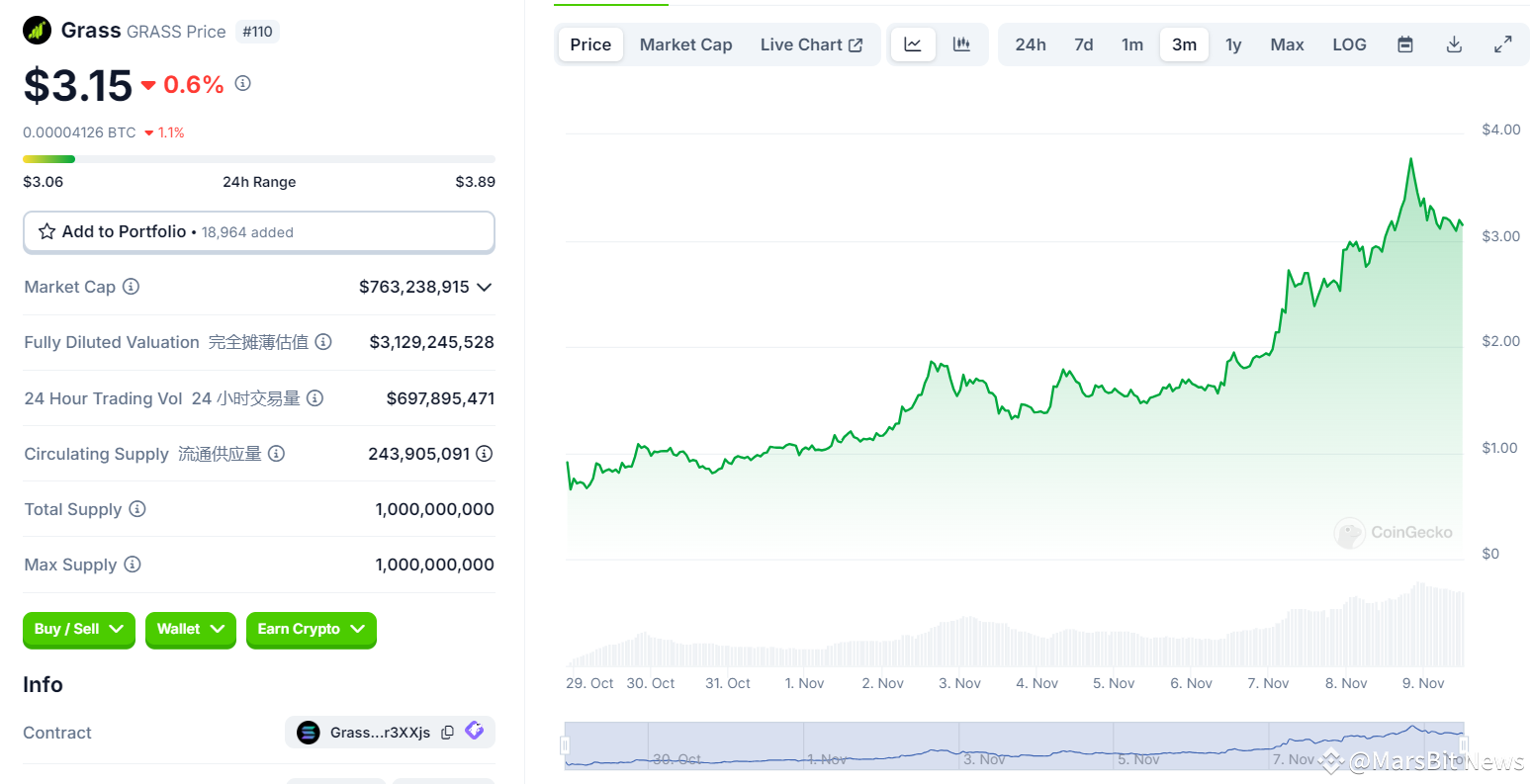
a year ago
GRASS Perpetual Contracts Launch Sparks Market Surge
Last night, Binance made headlines with the launch of GRASS perpetual contracts, which significantly boosted market sentiment. The price of GRASS surged to an impressive $3.5, marking a new record high, while trading volume exceeded $700 million within 24 hours. Since its inception on October 29, GRASS has experienced a staggering growth of over 400%. This meteoric rise has sparked interest in the underlying fundamentals of the coin, particularly its innovative approach to data monetization within the DePIN (Decentralized Physical Infrastructure Networks) framework. Supported by major venture capital firms like Polychain and Deiphi, GRASS is positioned as a frontrunner in the data economy, offering rewards for data contributions and challenging the traditional monopolistic data models.
The technical analysis of GRASS reveals a strong buying momentum, with the Relative Strength Index (RSI) climbing to 71.8, indicating an overbought condition. This rapid increase in price has attracted significant market attention, but it also raises concerns about potential pullbacks. The Ichimoku cloud chart suggests that GRASS is currently riding high, with key support levels around $2.9 and $2.4, which could cushion any necessary corrections. As the cryptocurrency market continues to evolve, the stability of GRASS's staking numbers—remaining above 26.6 million—demonstrates investor confidence in its long-term potential, despite the risks of profit-taking in a volatile environment.
Looking ahead, the DePIN sector is poised for substantial growth, with predictions estimating its market value could reach $3.5 trillion by 2028. This projection highlights the increasing demand for decentralized data solutions, particularly as AI technology continues to advance. GRASS stands out as a promising investment within this burgeoning landscape, appealing to those seeking to capitalize on the data revolution. However, investors must remain vigilant, balancing the excitement of rapid gains against the inherent risks of market fluctuations. The future of GRASS and the DePIN track may well depend on broader market trends and the ongoing evolution of data decentralization strategies.
Signup for latest DePIN news and updates